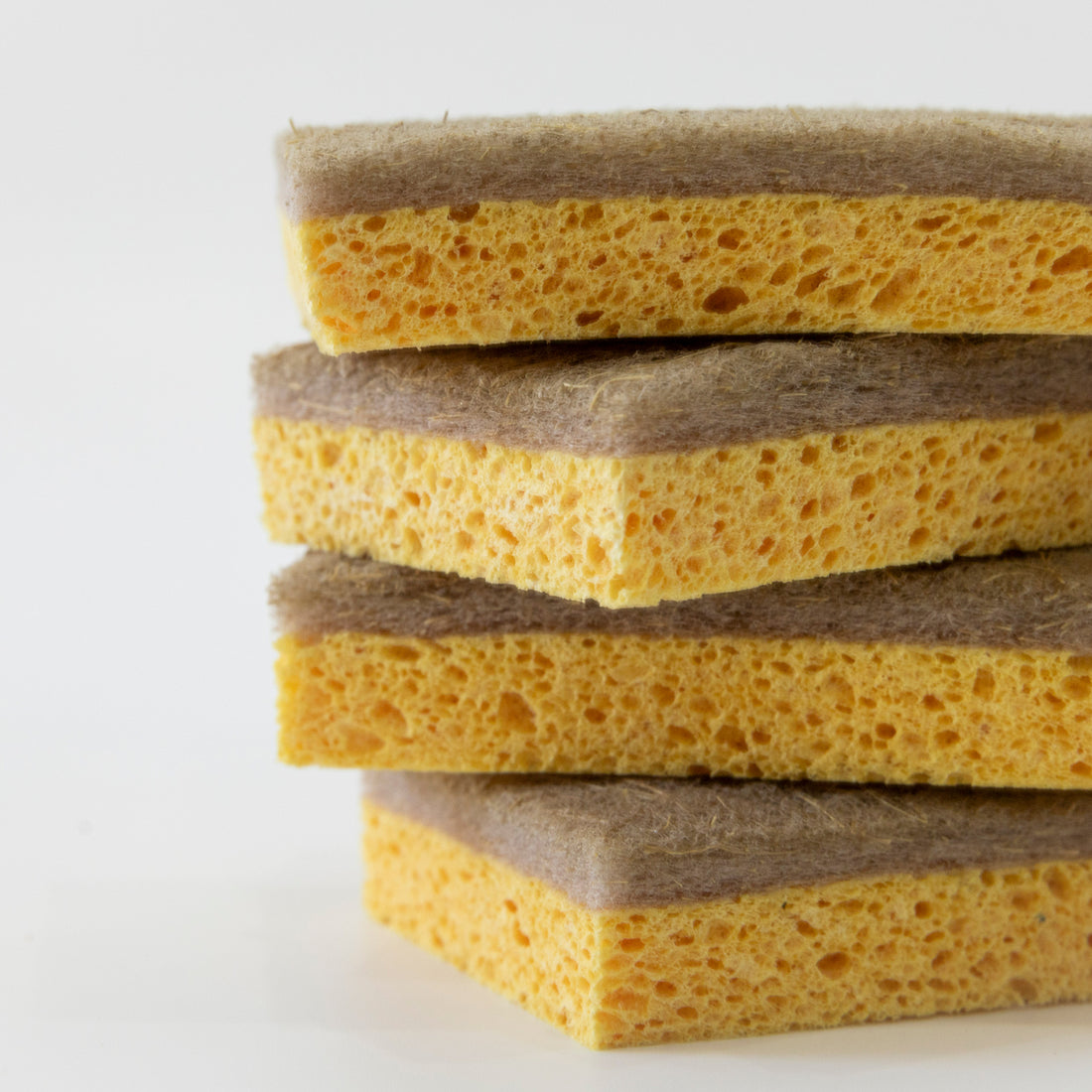
Revolutionizing Sustainability: How Industry Byproducts Become Eco-Friendly Homeware
Turning Industry Byproducts into Materials for Sustainable Living
In the quest for a more sustainable future, innovative solutions are emerging that transform industry byproducts into valuable materials for everyday use. Two remarkable examples of this are plastics made with rice husk and dish sponges created from coconut husk fiber and natural cellulose. These materials not only reduce waste but also offer eco-friendly alternatives to conventional products. Let's explore how these byproducts are being repurposed for sustainable living.
The Journey of Rice Husk: From Agricultural Waste to Sustainable Plastic
Rice husk is an abundant byproduct of rice production, often considered waste. However, this material holds great potential for creating sustainable plastics. Rice husk contains silica, lignin, and cellulose, which can be utilized to produce bioplastics.
Coconut Husk Fiber and Natural Cellulose: The Eco-Friendly Dish Sponge
Another innovative use of industry byproducts is the creation of dish sponges made from coconut husk fiber and natural cellulose. Traditional dish sponges often contain synthetic materials that are harmful to the environment. By contrast, these eco-friendly sponges offer a sustainable solution.
Benefits of Coconut Husk and Cellulose Sponges:
- Biodegradability: These sponges naturally decompose, reducing landfill waste.
- Non-Toxic: Made from natural materials, they do not release harmful chemicals into the environment.
- Durability: The combination of coir fiber and cellulose provides a long-lasting and effective cleaning tool.
Bulbul’s Innovative Husk-Based Products
Bulbul is committed to sustainability by incorporating innovative materials into their homeware products. Here are some examples:
-
Rice Husk Homeware:
 Bulbul transforms rice husk into beautiful and functional homeware items such as dinner sets, storage containers, and kitchen utensils. These products are durable, lightweight, and eco-friendly.
Bulbul transforms rice husk into beautiful and functional homeware items such as dinner sets, storage containers, and kitchen utensils. These products are durable, lightweight, and eco-friendly. -
Coconut Husk Fiber Sponges:
Bulbul’s dish sponges made from coconut husk fiber and natural cellulose are perfect for eco-conscious consumers. They are effective for cleaning while being gentle on the environment.

Embracing a Sustainable Future
Turning industry byproducts into sustainable materials exemplifies the innovative thinking needed to address environmental challenges. By choosing products made from rice husk plastic and coconut husk fiber sponges, consumers can contribute to a more sustainable future. These materials not only offer practical benefits but also align with eco-friendly values, making it easier to live sustainably.
Conclusion
The transformation of industry byproducts into valuable materials highlights the potential for sustainable innovation. Rice husk plastic and coconut husk fiber sponges are just two examples of how waste can be repurposed to create eco-friendly products. By embracing these materials, we can reduce our environmental impact and move towards a greener, more sustainable future.
By incorporating these innovative materials into your daily life, you can support sustainable practices and help reduce waste. Explore Bulbul’s range of products made from rice husk and coconut husk to make a positive impact on the environment. Visit Bulbul’s website to learn more.
